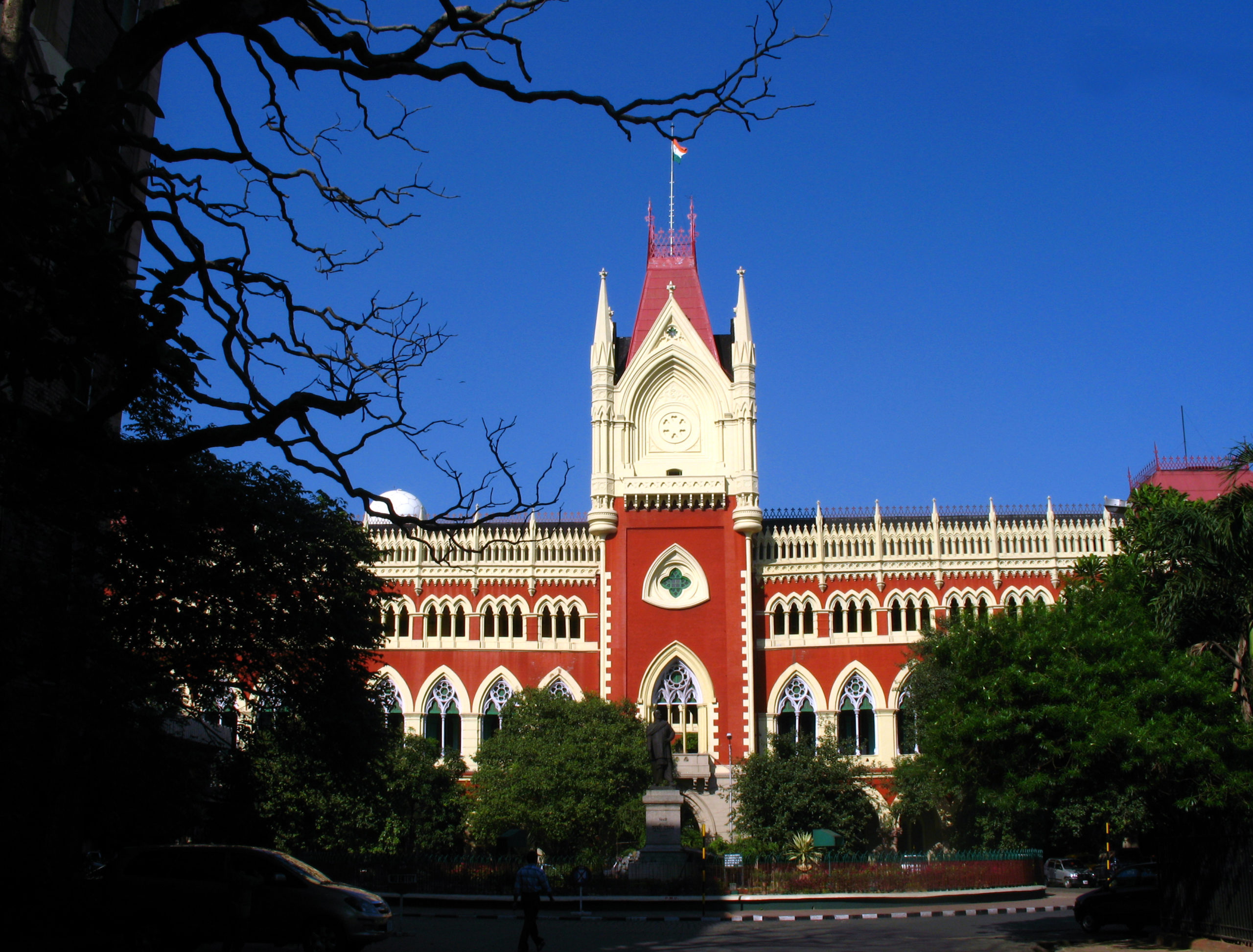LI Network
Published on: February 13, 2024 at 11:42 IST
In a recent ruling, the Calcutta High Court emphasized that resorting to Section 53A (examination of a person accused of rape by a medical practitioner) of the Criminal Procedure Code (CrPC) to address gaps in the prosecution case would infringe upon Article 21 of the Constitution.
Justice Moushumi Bhattacharya, presiding over a single bench at the High Court’s Circuit Bench in Port Blair, maintained that the prosecution’s attempt to use DNA profiling to supplement its case deviated from established legal procedures.
The judge highlighted the importance of adhering to the prescribed legal process, emphasizing that any deviation raises concerns of arbitrariness, violating the rights of the accused.
The case involved a challenge to a special judge’s order, allowing the prosecution to obtain blood samples from the accused, the victim, and the victim’s minor child for DNA profiling under Section 53A CrPC.
The petitioner argued that the DNA testing application was an attempt to shore up weaknesses in the prosecution case after the trial had commenced.
The Court acknowledged the stages outlined in the CrPC, noting that in this instance, the trial had effectively concluded, limiting further investigation.
The order for DNA profiling under Section 53A CrPC was deemed contrary to the established legal procedure.
The Court observed that the gaps in the prosecution’s case were evident due to the police’s failure to collect material during the investigation. Section 53A CrPC, the court emphasized, only provided a roadmap for the police during the investigation phase, not after the charges had been framed.
The ruling highlighted that the legislative intent behind Section 53A CrPC was to guide investigations during the initial stages, and it did not empower the court to direct an investigation after charges had been framed.
The Court noted that the petitioner had been granted bail during the investigation, but the investigating officer failed to utilize Section 53A during that phase.
The Court concluded that allowing new evidence to be introduced after the investigation to fill prosecution gaps violated the petitioner’s Article 21 rights.
It underscored the need for a fair trial and adherence to established legal procedures, even when addressing civil or social considerations.
The Court held that while privacy considerations in criminal proceedings might be diluted, any deviation from established procedures triggers the application of Article 21.
The ruling was made in the case of SANJAY BISWAS v THE STATE, as reported in the 2024 LiveLaw (Cal) 44 citation.

